What are single-use plastics?
Plastic goods that are designed to be disposed of immediately after use.
They are often used in packaging and service ware.
Examples include bottles, plastic utensils, and bags.
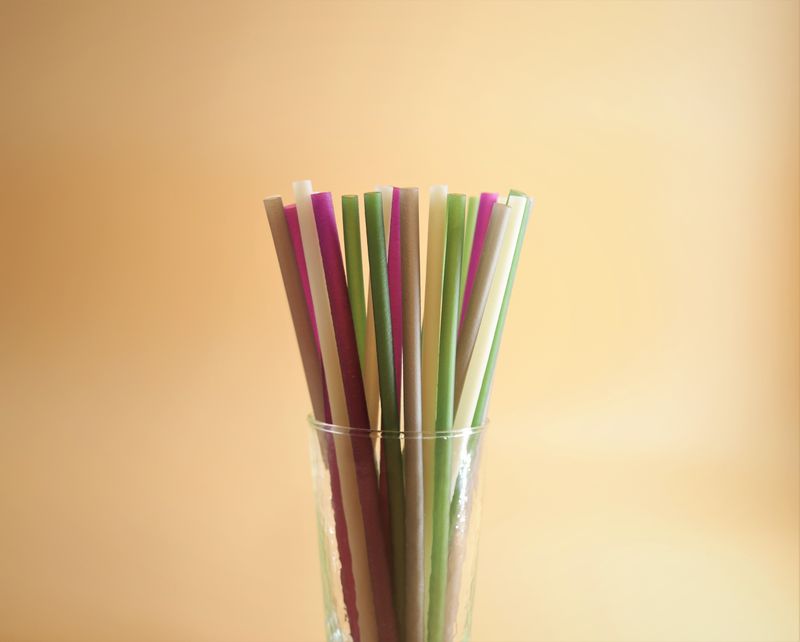
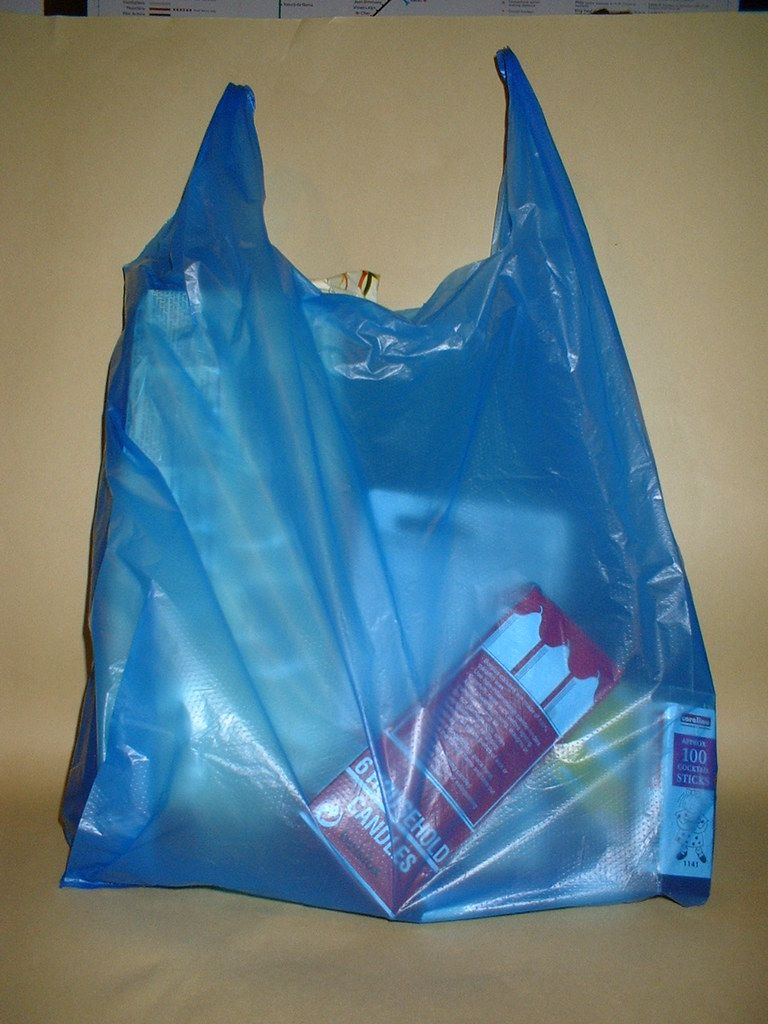 Photo by londonista_londonist
Photo by londonista_londonist
Environmental impact of single-use plastics
Plastic production emits greenhouse gases, which cause global warming.
Plastic is produced from oil and gas. Forests and wetlands are often cleared to drill for these materials.
91% of all plastic isn’t recycled at all, and ends up in landfills or in the environment.
Single-use plastics are often not accepted by recycling centers. They are difficult to recycle because they fall into the cracks of recycling machinery.
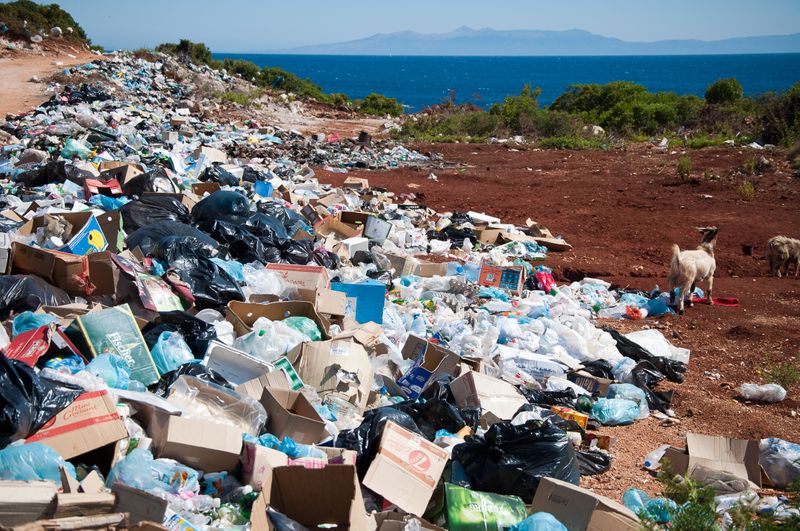
Health impacts of plastics on humans and wildlife
Over time, plastics break down into smaller and smaller pieces until they eventually become " microplastics ".
Microplastics are hard to detect and exist virtually everywhere.
Humans and wildlife (especially aquatic wildlife) unintentionally consume microplastics, which can cause serious health problems.
When plastic is burned, it releases toxic fumes which become a health hazard for residents, leading to everything from skin rashes to cancer .
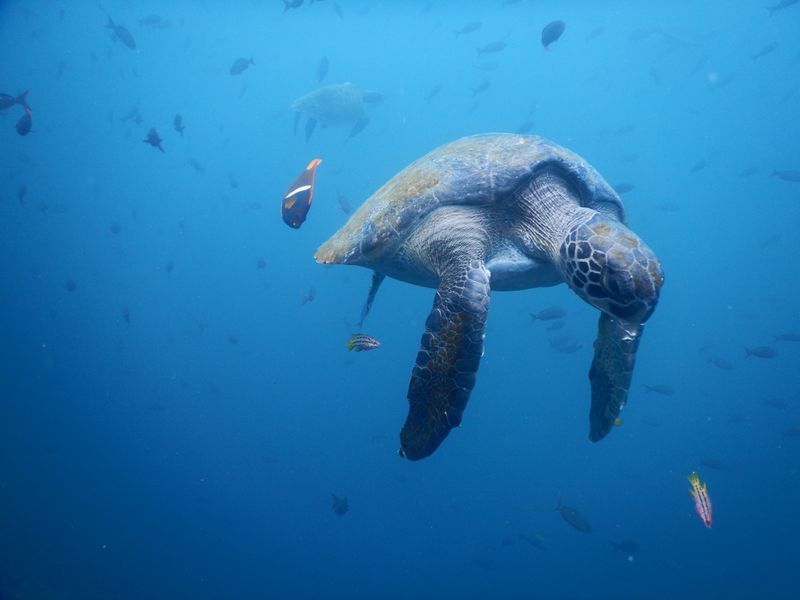
Where are you using single-use plastics?
Each of us making small changes to our habits can add up to a larger impact.
Start by noticing when and where you're using plastics and throwing them away right after.
Is there a way you can replace the single-use plastic with something reusable?
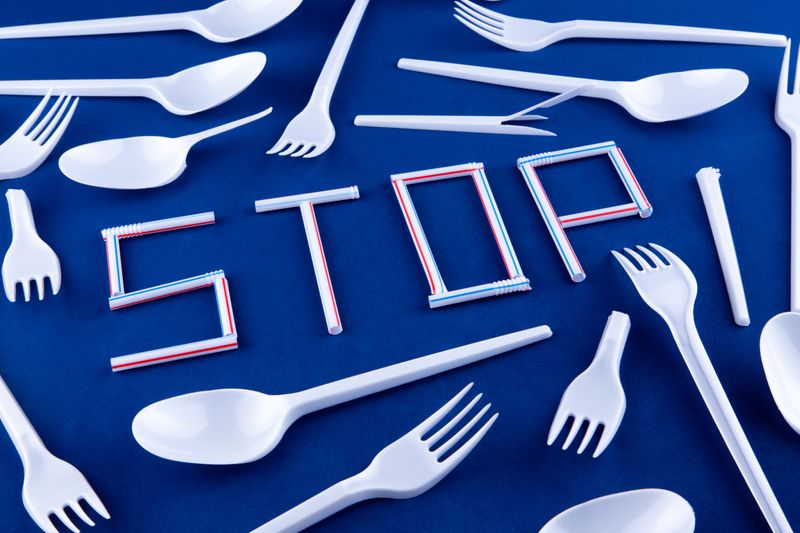
Quiz
Which of the following is one way to lessen your environmental impact?
Ways you can avoid single-use plastics
Use a reusable bag when shopping.
Use a reusable water bottle.
Cook more often, to reduce your use of plastic-heavy takeout containers.
Buy in bulk. Avoid individually packaged goods, like snack packs.
Rather than buying online - walk, bike, or take public transit to buy in-person.
Avoid plastic wrap altogether by storing leftovers in reusable containers.
Keep a straw and cutlery in your bag for eating on the go.
Ask restaurants/cafes if they have nonplastic alternatives to plastic straws, stirrers, or bags.
Support local plastic bans
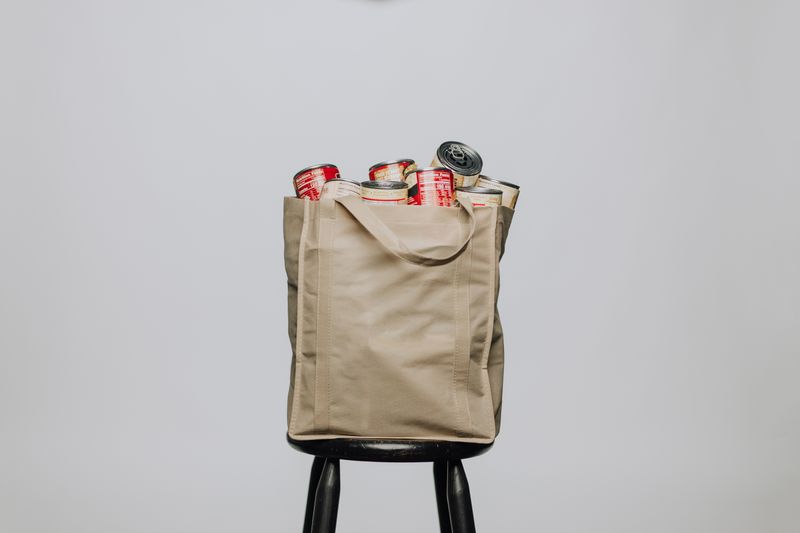
Photo by Austin Kehmeier on Unsplash
Take Action
Changing a habit is gradual, and takes practice.
Start by asking yourself, what is one way this week I can be responsible for less plastic waste? When and where am I using single-use plastics?
Asking these questions and changing your personal habits can inspire others to think about their own actions.
Breaking the single-use plastic habit is a small but important way to be more kind to the environment.
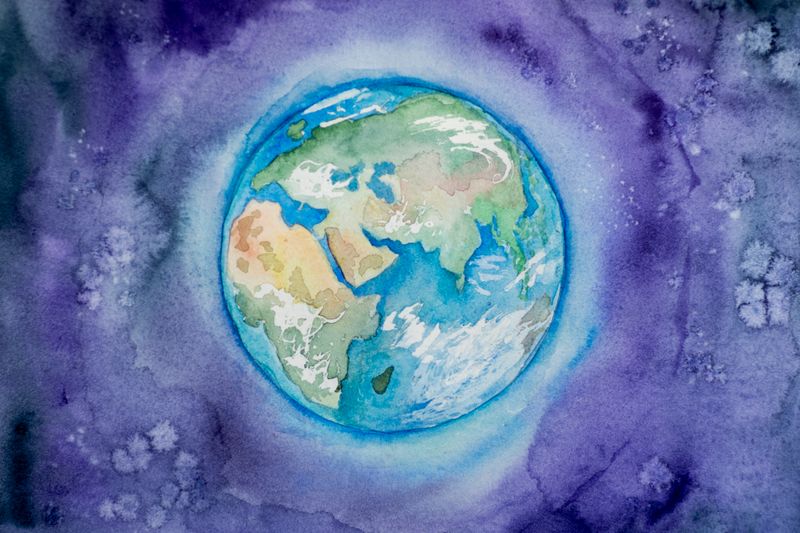
Your feedback matters to us.
This Byte helped me better understand the topic.
